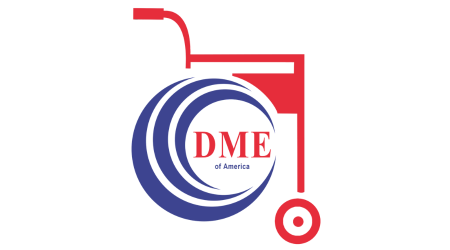Whether to buy or rent a hospital bed is a crucial decision when it comes to a loved one's comfort and well-being who has medical demands. Both your financial status and the patient's level of care may be greatly impacted by this decision. Here, we'll examine the benefits and drawbacks of renting vs buying a hospital bed to assist you in making an informed choice.
Pros of Buying a Hospital Bed:
- Extended-Duration Investment: If you plan to use a home care bed for a long time, Buying a hospital bed is a smart investment. Even while it is more expensive initially, in the long run it becomes more cost-effective because there are no ongoing rental costs.
- Customized and Advanced Functions: You can buying a hospital bed with a model that best suits the demands of the patient by selecting features. A lot of DME bed have sophisticated features like head, foot, and height adjustments, which can improve comfort and enable better care.
- Instant Accessibility: A hospital bed can be used right away after purchase, anytime it's needed. This is important in emergencies because there is no reliance on rental availability or delivery timetables.
- The Experience of Ownership: Buying a hospital bed gives you a sense of control and security. You can take care of it as you see fit, making sure it stays in top shape.
Cons of Buying a Hospital Bed:
- Expensive Initial Expenditure: The high initial expense of buying a hospital bed is its main disadvantage. This can be a significant financial strain, particularly if the bed is just temporarily or in uncertain need.
- Maintenance and Fixtures: You bear full responsibility for all maintenance and repair expenses as the owner. This may increase the overall cost and difficulty of making the bed.
- Storage Issues: Locating suitable storage space after the hospital beds for home is no longer needed can be challenging. These beds take up a lot of space because they are heavy.
Pros of Renting a Hospital Bed:
- Reduced Initial Expense: Initially, renting a homecare hospital beds is far less expensive than purchasing one. This is especially helpful for families that are unclear of how long they will need the bed or who only need it temporarily.
- Maintenance Included: The majority of rental agreements cover upkeep and repairs. This implies that you won't need to worry about unforeseen expenses or hiring a specialist to handle any problems.
- Flexibility: More freedom is available with renting. It's simple to move to a new model if the patient's needs alter. In order to minimize storage issues, you may also return the bed when it is no longer needed.
Cons of Renting a Hospital Bed:
- Long -Term Cost: If the bed is needed for a lengthy length of time, renting can end up costing more money in the long run even though the initial cost is lower. Regular monthly installments can mount up rapidly.
- Limited Customization: It's possible that rental alternatives won't provide the precise features or level of customization that a hospital beds for home use purchased can. Standard models might have to do, which might not satisfy the patient's needs entirely.
- Difficulties with Availability: There may be occasions when the exact kind of bed you require is not rented. If the patient has special needs that typical rental beds cannot accommodate, this could be an issue.
Conclusion:
Whether to purchase or rent a Passport Hi-Low Adjustable Bed depends on a number of variables, such as the patient's needs, financial status, and length of stay. Buying a hospital bed has significant upfront expenses and requires ongoing maintenance, but it also offers immediate availability, customisation, and long-term cost benefits. Conversely, renting offers flexibility and reduced upfront costs—including maintenance—but may result in higher long-term costs and less personalization.
You can choose the best course of action for your loved one's care and comfort by carefully considering these benefits and drawbacks.
FAQS:
What advantages come with buying a hospital bed?
Buying a hospital bed provides instant availability, personalization choices, and long-term cost benefits.
What drawbacks come with purchasing a hospital bed?
The primary drawbacks are the hefty initial expenditures, upkeep obligations, and possible storage problems.
What makes hiring a hospital bed a good idea?
For temporary needs, renting a hospital Independence bed is the best option because it's more flexible, includes maintenance, and has fewer upfront expenditures.
What drawbacks come with renting a hospital bed?
When renting, you may experience availability problems, have less customizing options, and eventually pay more.
How do I choose between purchasing a hospital bed and renting one?
When deciding whether to buy or rent, take into account many elements such as the patient's special requirements, financial status, and the length of time the need will last.

